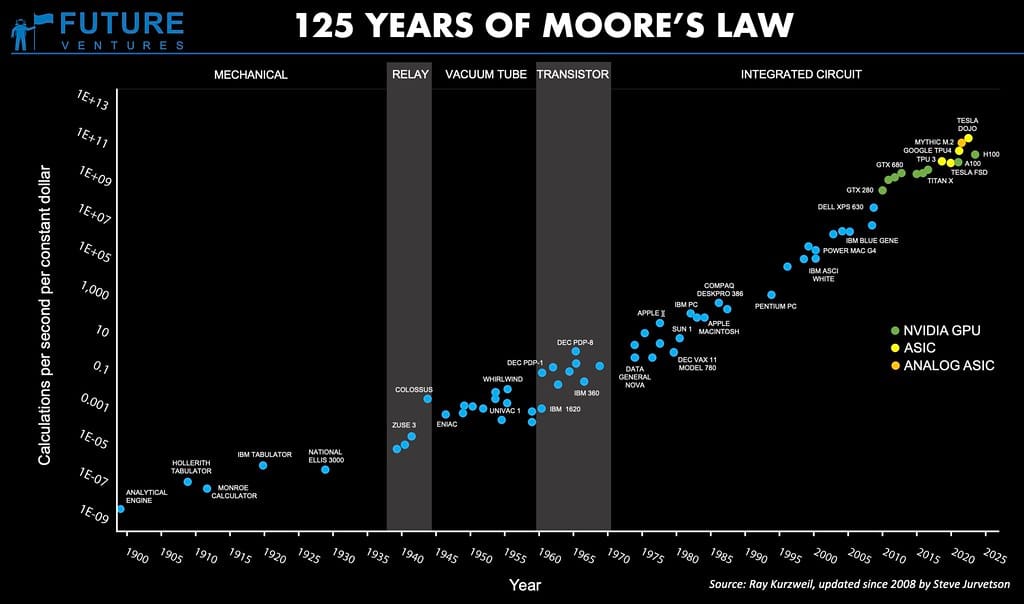AI and Tech Layoffs: Separating Automation Fears from Economic Reality
The tech industry has shed over 400,000 jobs since 2022, sparking heated debates about whether artificial intelligence is displacing human workers. While executives cite "AI efficiency" and "automation initiatives" in layoff announcements, the relationship between AI adoption and job cuts is far more nuanced than Silicon Valley's narrative suggests.
The Numbers Tell a Complex Story
Recent data reveals a striking paradox: companies investing heavily in AI are simultaneously cutting their workforce at unprecedented rates. Meta eliminated 21,000 positions while pouring billions into AI research. Amazon laid off 18,000 employees across multiple divisions while expanding its AI infrastructure. Google parent Alphabet cut 12,000 jobs in early 2023, then announced massive AI investments months later.
However, correlation doesn't equal causation. Industry analysts point to multiple factors driving these layoffs, with AI serving more as a convenient justification than the primary catalyst.
Beyond the AI Hype: The Real Culprits
Economic Headwinds and Overcorrection
The tech sector's current downturn stems largely from pandemic-era overexpansion. Companies that doubled their workforce between 2020-2022 are now confronting normalized demand and rising interest rates that make cheap capital a relic of the past.
"Most of these layoffs were inevitable regardless of AI developments," explains Sarah Chen, a tech industry analyst at Brookings Institution. "Companies hired aggressively during the pandemic boom and are now rightsizing for sustainable growth."
Strategic Restructuring Disguised as Innovation
Many organizations are using AI as cover for long-overdue operational changes. When Spotify cut 6% of its workforce in late 2023, CEO Daniel Ek cited the need to become "more efficient" and leverage AI tools. Yet internal sources revealed the cuts primarily targeted redundant middle management roles that predated any AI implementation.
Where AI Actually Impacts Employment
Amplifying Productivity, Not Replacing Workers
Contrary to dystopian predictions, current AI applications in tech primarily augment human capabilities rather than replace them entirely. Software engineers report that AI coding assistants like GitHub Copilot help them write code faster, but still require human oversight for complex problem-solving and system architecture decisions.
A recent study by MIT found that developers using AI tools completed tasks 55% faster, but the technology didn't eliminate the need for human expertise—it freed workers to focus on higher-level strategic work.
Creating New Job Categories
While AI may displace some routine tasks, it's simultaneously generating demand for new roles. AI prompt engineers, machine learning operations specialists, and AI ethics officers represent emerging career paths that didn't exist five years ago. LinkedIn reports a 60% increase in AI-related job postings over the past year.
The Automation Timeline Reality Check
Current Limitations
Despite remarkable advances, today's AI systems remain narrow in scope and brittle in unpredictable situations. They excel at pattern recognition and content generation but struggle with complex reasoning, creative problem-solving, and nuanced human interaction—skills that remain essential in most tech roles.
"We're seeing AI handle specific tasks within jobs, not entire jobs themselves," notes Dr. Michael Rodriguez, an automation researcher at Stanford. "The technology isn't advanced enough for wholesale workforce replacement."
Looking Ahead: Gradual Evolution
Rather than sudden displacement, experts predict a gradual evolution where AI reshapes job requirements over time. Workers will need to adapt by developing complementary skills—creative thinking, emotional intelligence, and strategic planning—that work alongside AI capabilities.
The Verdict: Economics Over Automation
While AI will undoubtedly transform the tech landscape, current layoffs reflect economic realities more than technological displacement. Companies facing market pressures are streamlining operations and using AI investment narratives to justify necessary but painful workforce reductions.
The most significant impact of AI on tech employment may be psychological rather than practical—creating anxiety that influences business decisions and worker expectations, even when the technology isn't yet capable of the wholesale job replacement many fear.
Key Takeaway: Tech workers should focus on developing AI-complementary skills rather than viewing the technology as an existential threat. The current wave of layoffs represents economic adjustment, not the dawn of mass automation. As the industry stabilizes, human creativity and strategic thinking will remain irreplaceable assets in an AI-augmented workplace.

